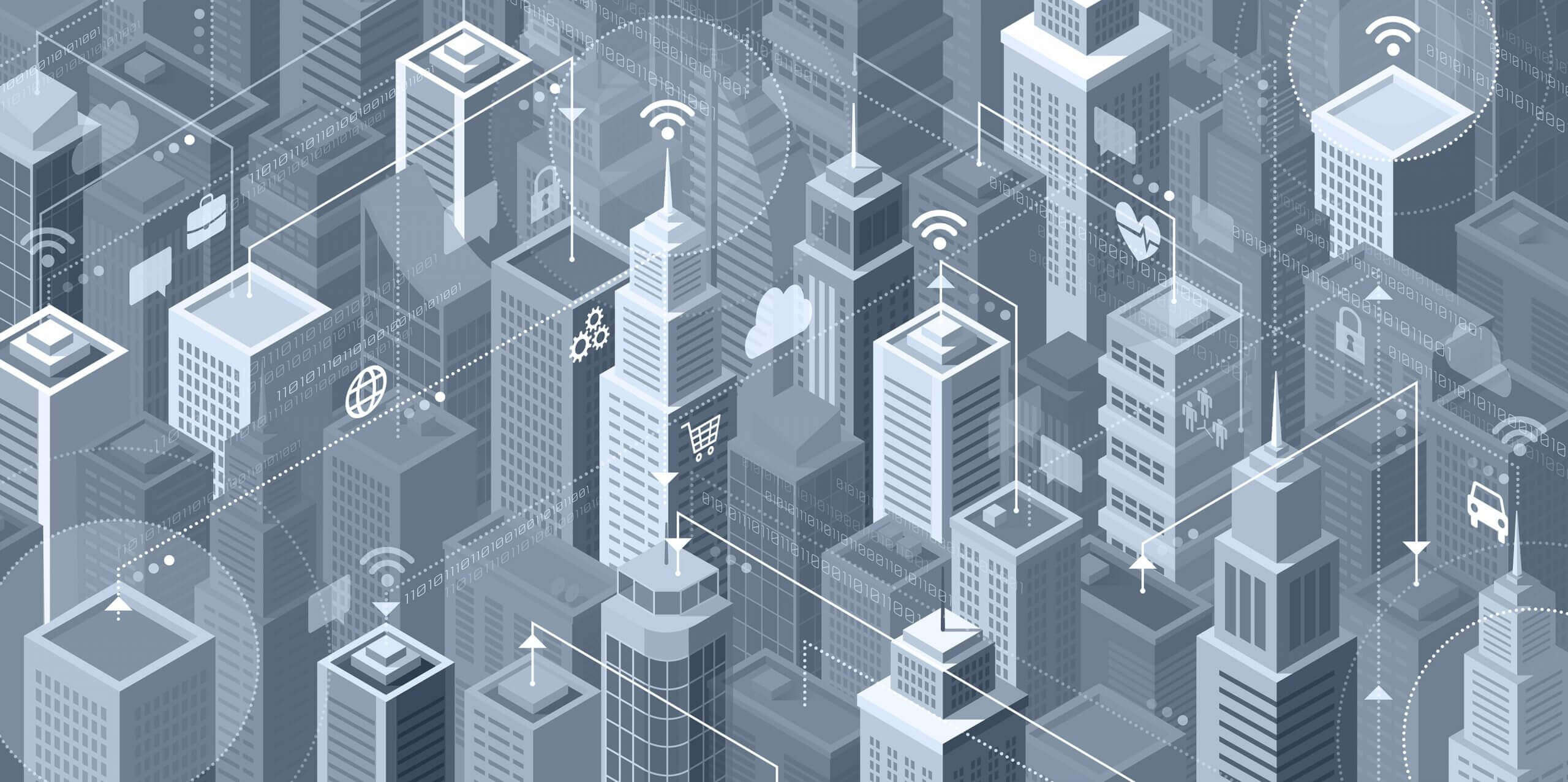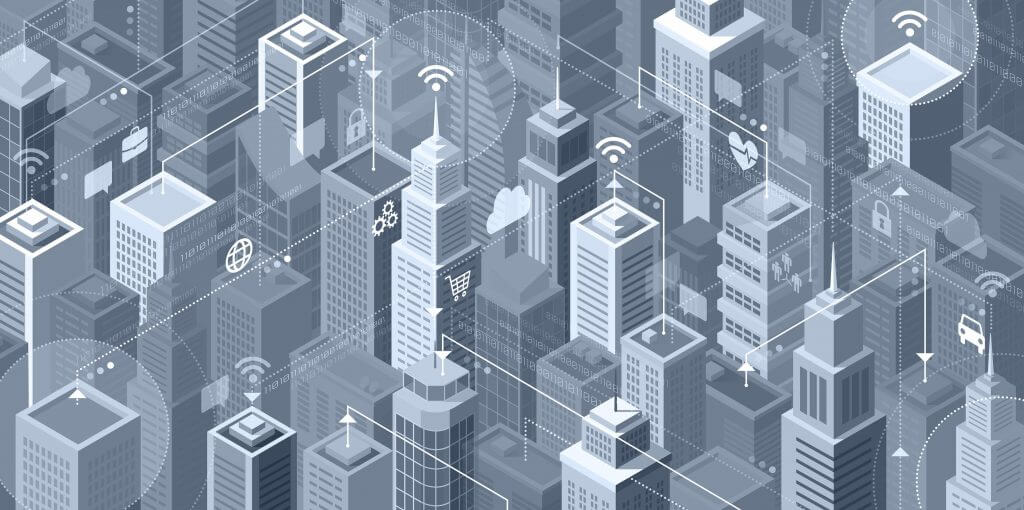
What exactly is a smart city?
At the most basic level, a smart city is a city that makes the most of the technology and the data available to it in order to address its challenges and to boost the wellbeing of its residents. Smart cities make better use of limited resources and operate more efficiently at every level.
Today, smart city technology includes a co-ordinated mix of smart devices with IoT characteristics, riding on universal connectivity and enhanced by deep data analytics. Smart city technology is drawing huge investments: an IDC spending guide suggests up to $80 billion will be invested towards smart cities in 2018 alone.
What makes smart cities possible?
Yes, technology is what makes cities smarter. But more precisely, cities involve billions of data points and large data sets and it is, therefore, the ubiquitous nature of technology that enables smart cities.
Technology is now so widely available that there is no restriction to the number of city facets that can be connected to a central data pool. This combination of omni-awareness and deep data analytics is what is making cities smarter than ever. Yet, there are individual technological components that complete the smart city puzzle:
Sensors and embedded devices: Smart cities thrive on data points and IoT-enabled sensors. Embedded devices can supply endless data points into the smart city data pool. The portability of sensors and devices has advanced so much that these can even be included in bicycles. In Copenhagen, a hybrid e-bike feeds data on pollution and traffic congestion back into the city’s systems.
The proliferation of sensors and embedded devices means that there is no region of a city and no aspect of a city that cannot be monitored to some degree. As a result, the information dark spots around cities are rapidly getting reduced: data can be collected anywhere, about anything.
Telecoms and connectivity: It is not only the proliferation of devices the enables smart cities. IoT devices will be of no use without connectivity and smart cities cannot be realised without pervasive wireless networks. The wide availability of 4G, easy-to-access Wi-Fi networks, and the upcoming 5G standard are all huge contributors.
5G means cities can more easily handle the huge amounts of data and millions of devices that enable smart cities. Yinchuan, a city of 2 million in China, is arguably a pacesetter in terms of smart cities but getting there required investing in an 8000GB fibre optic network and thousands of Wi-Fi access points. This level of connectivity will become more affordable to more cities as 5G rolls out.
Big data and analytics: The vast numbers of smart devices in cities deliver vast amounts of data, ideally suited to today’s big data capabilities. Big data tunes into the technology essence of a smart city: processing and collecting billions of data points. Analytics, in turn, allows cities to use this data to make better decisions around city planning, transport, and sustainability.
Analytics platforms such as Cisco Kinetic for Cities allows city halls to gain a bird’s eye view of different data sets including the use of parking, public safety concerns and waste management. In addition to the ability to control city parameters at a micro level, platforms such as these allow city managers to get a better grip on issues as they emerge.
How can city halls become smart?
The presence of technology is not the defining characteristics of a smart city, but the optimal application of technology is essential to smart city operations. Yet city halls rarely function as centres of technological excellence. The solution lies in a partnership with a technology provider that understands how to get the best out of the latest technological advancements.
Whether it is tapping IoT applications, utilising wearables and mobile devices or mining in-depth data analytics, your city’s technology partner can help you solve complex city-wide challenges by applying technological solutions.
At ELEKS we know how to apply technology to drive innovation and growth in the public sector. Contact us to help you find solutions to the unique challenges that your city faces.
